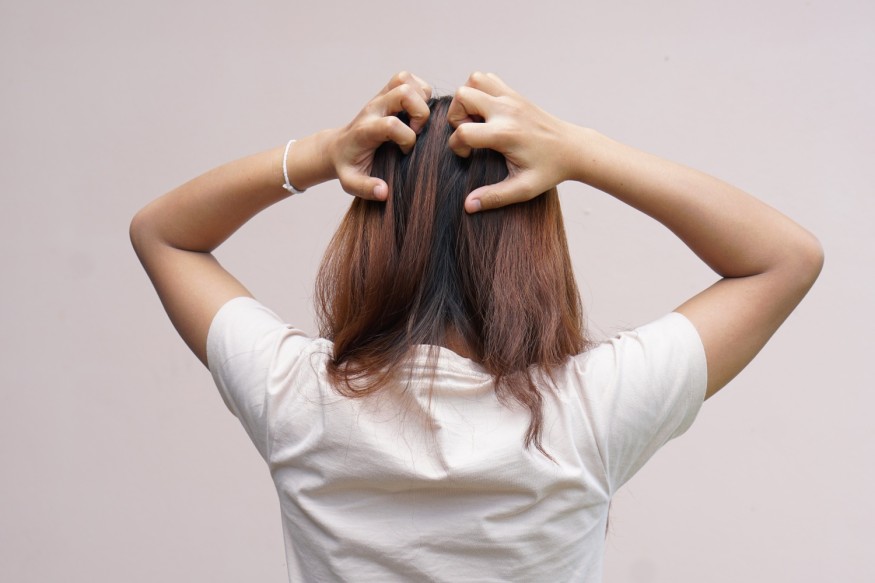
The scalp, though often overlooked, is a vital part of our skin that can be susceptible to various issues leading to itching and discomfort. Understanding the underlying causes of scalp itchiness is crucial for effective treatment and relief.
Whether it's dandruff or product buildup, consulting with a dermatologist or healthcare professional can provide personalized guidance and ensure effective management of scalp itching.
Here are five common reasons your scalp might itch and what you can do about it.
1. Dandruff
One of the most prevalent causes of scalp itchiness is dandruff, a condition characterized by flaking of the scalp skin. Dandruff is often caused by the overgrowth of a yeast-like fungus called Malassezia, coupled with excess oil production. This single-celled microbe, according to Head & Shoulders, is present on everyone's scalp. Approximately 50% of individuals experience a negative response to the fungus, leading to dandruff.
To address dandruff-related itching, using anti-dandruff shampoos containing ingredients like pyrithione zinc, ketoconazole, or selenium sulfide can help reduce flaking and itching.
2. Psoriasis
Psoriasis is a chronic autoimmune condition that can affect the scalp, causing red, scaly patches and intense itching. The overactive immune response in psoriasis leads to rapid skin cell turnover, resulting in the characteristic symptoms.
Managing scalp psoriasis often requires a multifaceted approach, including topical therapies like creams and ointments, phototherapy using light, and medications taken orally or via injection, as per Mayo Clinic. Consulting a dermatologist for personalized treatment is essential for managing psoriasis effectively.
3. Product Buildup
Accumulation of styling products, oils, and pollutants on the scalp can lead to itching and irritation. Product buildup can clog hair follicles and disrupt the scalp's natural balance, contributing to discomfort.
Clarifying your scalp using a clarifying shampoo once in awhile or natural remedies like apple cider vinegar rinses can help remove residue and alleviate itching caused by product buildup.
4. Seborrheic Dermatitis
Seborrheic dermatitis is a common skin condition that primarily impacts the scalp, resulting in scaly patches, inflamed skin, and stubborn dandruff, as per Mayo Clinic.
Managing seborrheic dermatitis involves using medicated shampoos containing ingredients like ketoconazole, selenium sulfide, or tar. Gentle cleansing and avoiding harsh hair products can also help prevent flare-ups.
5. Haircare Product Reaction
Sometimes, the products we use for hair care, such as shampoos, conditioners, or styling products, can trigger allergic reactions or sensitivities leading to scalp itching. Not rinsing shampoo well or other products can also cause itchiness.
Ingredients like fragrances, preservatives, and certain chemicals can irritate the scalp, especially in individuals with sensitive skin, WebMD noted. Switching to hypoallergenic, fragrance-free hair products or ones specifically formulated for sensitive scalps can help alleviate itching caused by product reactions.
